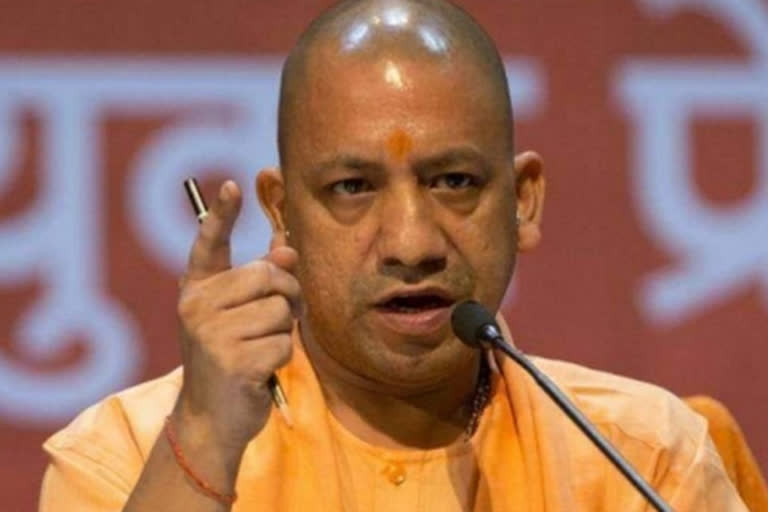New Delhi: Reiterating Rashtriya Swayamsevak Sangh (RSS) affiliates' demand to regard the Moplah Rebellion as "genocide of Hindus", Uttar Pradesh Chief Minister Yogi Adityanath said that the "massacre" was named as a rebellion to cover up. He also said that hundreds of temples were destructed by "jihadi" elements. He made the remarks during a virtual discussion organised by RSS-linked magazine 'Panchjanya'.
Adityanath sternly said, "Thousands of Hindus were massacred by jihadi elements...Women were raped and hundreds of temples were destroyed by jihadi elements during the Moplah rebellion in Kerala a hundred years ago. But unfortunately, to cover up, the massacre was named a rebellion. They claim that Hindu Zamindars used to exploit Muslims...If it was true why common Hindus were killed in huge numbers in Malabar? Just because they refused to convert to Islam?"
Adityanth who took a dig at historians lauded Veer Sawarkar for narrating the 'truth' in one of his books. "The fact is that those who wrote history were pseudo-secular and of leftist ideology...They did this with the intention of the anti-national motive of polarization. Those who came to power after independence supported such ideology. However, the dark truth of Malabar was highlighted by Veer Sawarkar. He described the real truth in one of his books in 1924" Adityanath said.
J Nandkumar, RSS leader, said that mass murderers were getting pensions with taxpayers money as they have freedom fighter status. Nandkumar is the national convenor of RSS affiliate Prajna Pravah. "Congress and Leftist governments in Kerala supported the communal elements involved in the brutal killings of Hindus in Malabar. There is a need to research and study the real facts about the incident that happened," said Nandkumar. Prajna Prawah has been organising events in Kerala and New Delhi as part of 100 years of Moplah rebellion.
Prajna Pravah organised a discussion session and photo exhibition in Delhi to mark the Moplah rebellion as Hindu genocide on Saturday.
Also read: 100th Anniversary of Wagon Tragedy: A scar of Malabar rebellion



